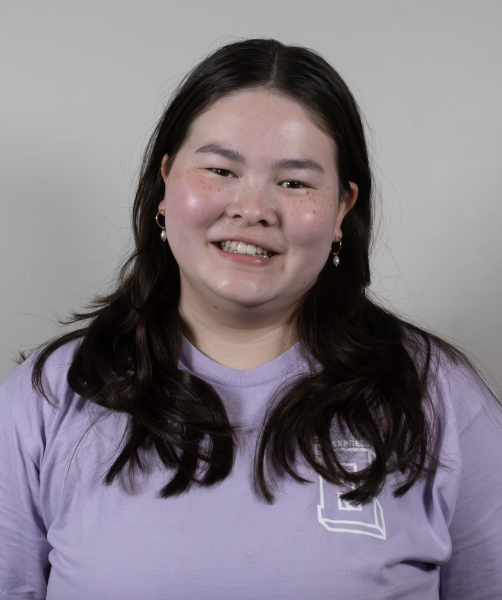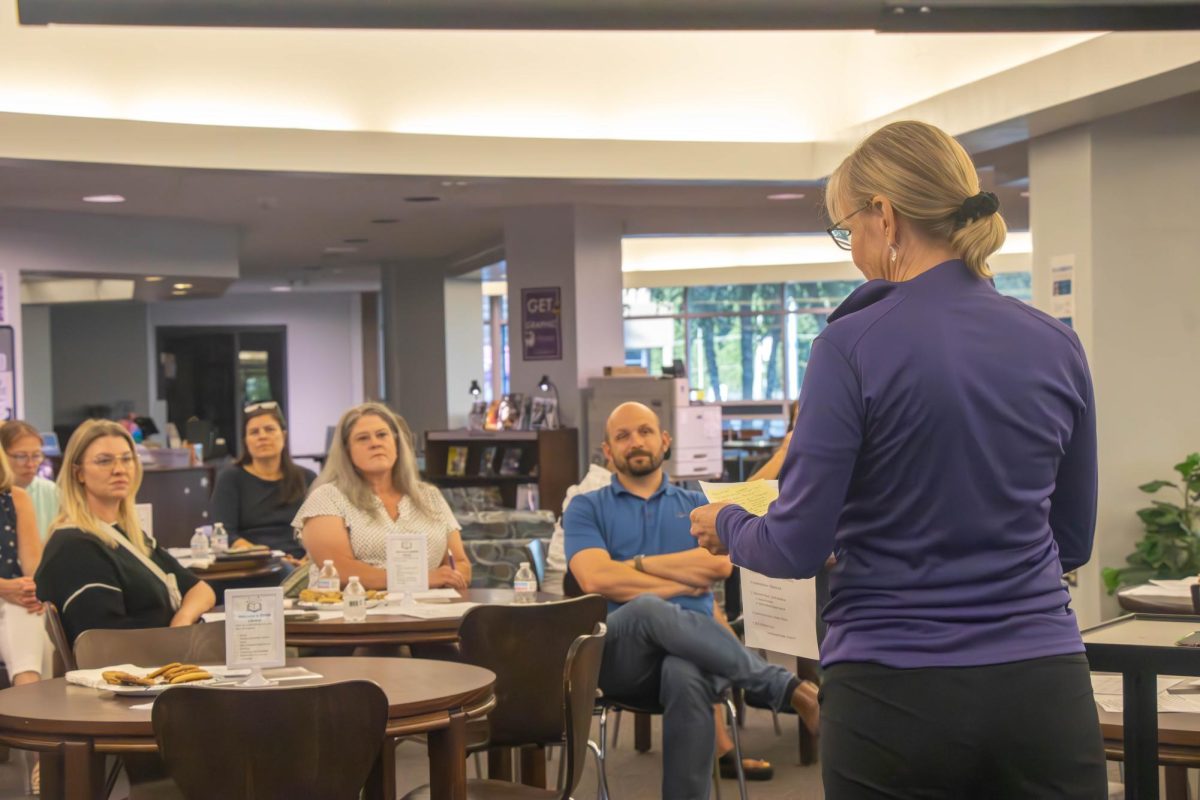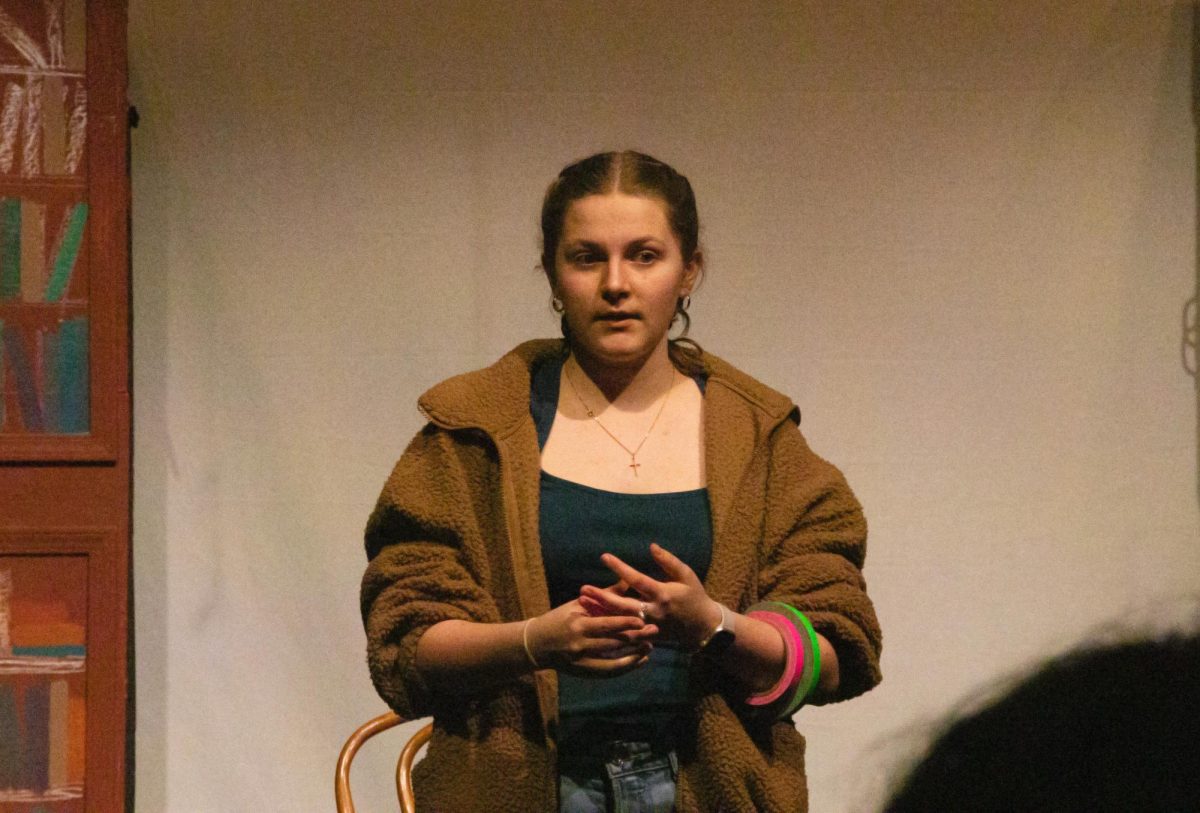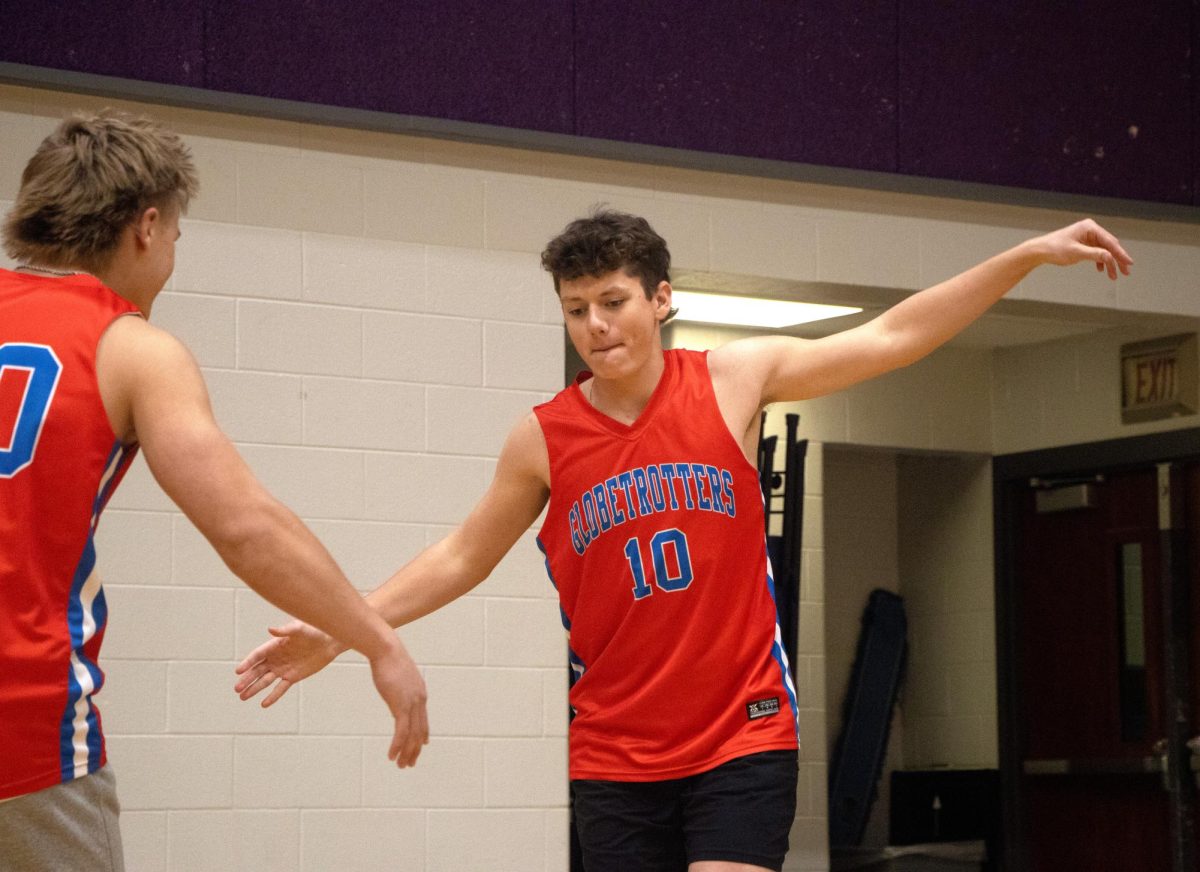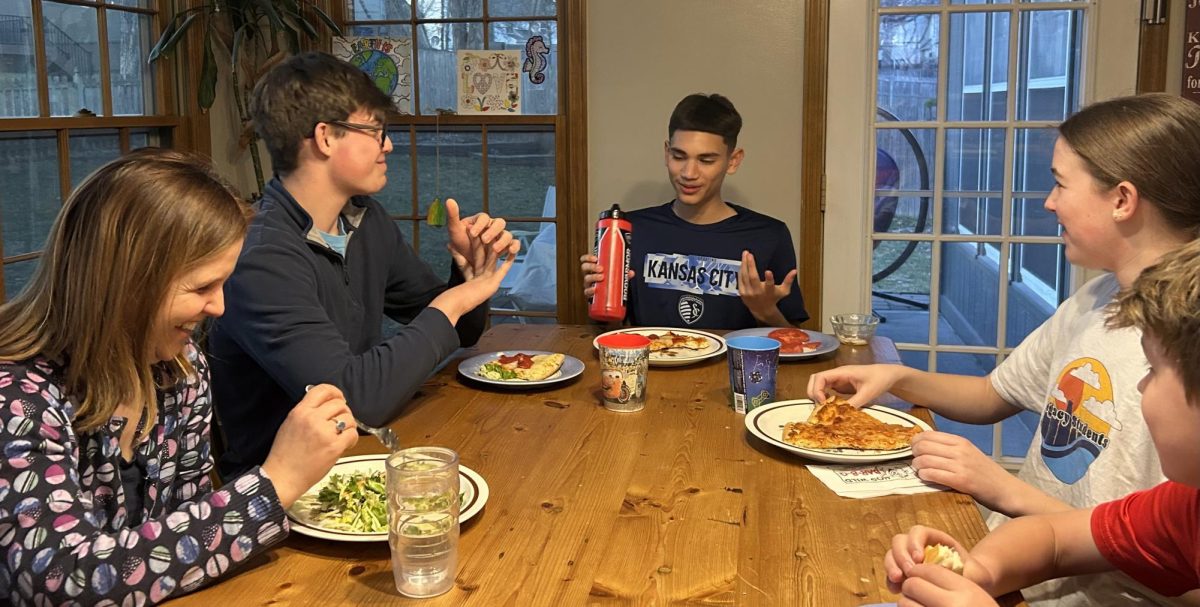Just after church on Aug. 25, sophomore Keon King checked his social media as usual and saw a Snapchat post from his friend that said, “I love you guys.” Out of worry, King said he quickly texted his friend to see if something was wrong, and never heard back.
“He just disappeared,” King said. “His location (on Snapchat) was off for like six hours after I got off church, and nobody told me anything, so I had to confirm with his dad who said (he had killed himself).”
His friend, Sean Clark, was a freshman at Saint Thomas Aquinas. King said he had been looking forward to playing against Clark in the football game against Aquinas on Oct. 18.
“He was going to be there at the game and we were going to get a picture together,” King said.
After finding out his friend had killed himself, King said he was shocked.
“I started bawling my eyes out,” King said. “Nothing could help me. I felt like I was done, like I couldn’t do anything. My body felt so weak.”
In the days following Clark’s death, King said he struggled to motivate himself.
“I couldn’t eat for almost three days. I just sat there every day in my bed not talking to anybody, not turning my TV on, just looking at our messages and photos,” King said.
School psychologist Claudine Boldridge said it is important for people not to isolate themselves during times of grief.
“We have a tendency as human beings to kind of withdraw when we’re not feeling or doing well,” Boldridge said. “We think we need to be alone to avoid the things we may feel pressure by engaging in or doing.”
The day after his friend’s death, King said he went to school to show his strength for Clark, but ultimately left after having a breakdown in class.
“I went to school for a day (after Sean died), but then I left because I was still crying,” King said. “The next day, I went, but you just didn’t see me talking or [being] my energetic self.”
Boldridge said a typical reaction during the grieving period is finding yourself more fragile due to the shock the situation can cause. She also described how the ability to participate in everyday activities may be tainted.
“We may think that we’re fine, but those everyday, regular activities that we go through can be affected, and our stamina can be affected,” Boldridge said.
She characterized grief as an indescribable emptiness left by someone who had a significant impact in your life.
“It’s a sense of loss that is an aching and a longing that you just can’t fill, and it is tied specifically to that one individual,” Boldridge said.
Explaining how self-blame is a common part of grieving, Boldridge said people often feel at fault after losing someone to suicide.
“‘What did I miss? Was there something I could have done? Was I a bad friend, or a bad relative?’” Boldridge said.
On the morning Clark died, King said he missed an alarm that could have changed everything. While he slept, Clark sent his final Snapchat post.
“If I would have woken up, I could have seen his [post], I could have called him, I could have texted him,” King said. “I just put myself down and was like, ‘I really lost him because I couldn’t try my best to keep up and make sure he was OK.’”
King said Clark’s death felt like a dream because he had no idea it would happen. He said he wishes everything would go back to how it was.
“I really miss him,” King said. “No matter what, I will always do anything for him and try my hardest for him.”
Through this experience, King has come to view mental health differently.
“I can say that [before Clark’s death] I was a very deep-down mean person. I didn’t care about nobody’s feelings or anything,” King said. “But once [I saw] how many people were killing [themselves], and I found out that [Clark] died, [I] just wanted to become a better person.”
King said he is now finding ways to cope and grow from this loss.
“I started talking to people [about] how I felt,” King said. “I also decided to focus on being a better person and supporting others. I wanted to make sure people knew they had someone to talk to.”
Boldridge said it is important not to suffer in silence during difficult times.
“I want to be sure that teenagers know that we need to break the stigma that having mental health difficulties is a bad thing, because it’s not, it’s part of life,” Boldridge said.
Similarly, King said it is important to reach out for support.
“There’s always someone who wants to help,” King said. “No matter what you’re going through, you can reach out and talk to someone. You can fight for the people who care about you and for yourself.”
Students seeking mental health resources can access support through the school’s counseling office by scheduling an appointment with their assigned counselor. This can be found on the student’s Canvas dashboard in the “BVNW Counseling” tile.
The National Suicide Prevention (988) Lifeline is available 24/7 by calling or texting 988.



![After drills during football practice on Sept. 25, Keon King exchanges jokes with his teammates. “I started talking to people [about] how I felt. I also decided to focus on being a better person and supporting others. I wanted to make sure people knew they had someone to talk to," King said.](https://bvnwnews.com/wp-content/uploads/2024/09/keon-king-mental-health-1200x800.jpg)
